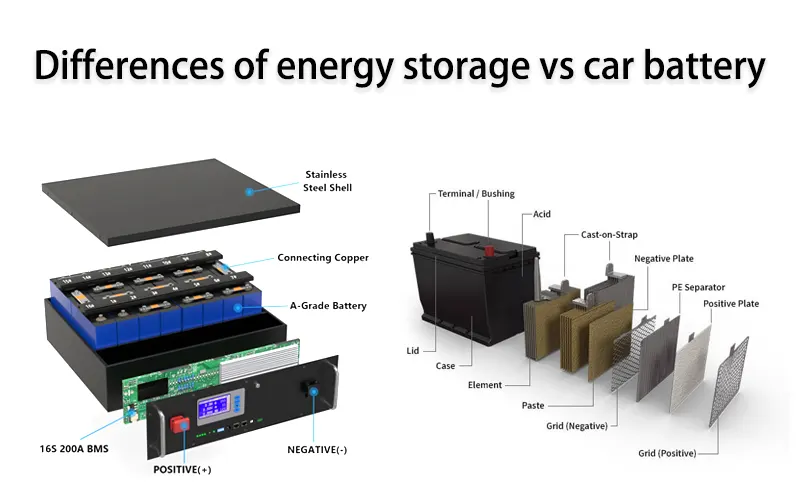
Oca . 01, 2025 13:35 Back to list
CE Certification for Energy Storage Systems in Building Applications
CE Certification for Energy Storage in Buildings A Comprehensive Overview
As the world increasingly shifts towards sustainable energy solutions, the role of energy storage systems (ESS) in buildings has become crucial. Energy storage technologies facilitate the transition to renewable energy sources, enabling buildings to utilize solar, wind, and other renewable resources more effectively. However, to ensure these systems are safe, efficient, and reliable, they must adhere to various certification standards. One such standard is the CE marking, which is essential for energy storage systems in buildings within the European market.
Understanding CE Certification
CE marking is a declaration by the manufacturer that their product complies with all applicable European Union (EU) regulations and standards. The ‘CE’ stands for ‘Conformité Européenne,’ which translates to ‘European Conformity.’ When it comes to energy storage systems, CE certification is vital as it indicates that the products meet health, safety, and environmental protection standards required by EU legislation.
Importance of Energy Storage Systems in Buildings
Energy storage systems play a pivotal role in enhancing energy efficiency, reducing peak energy demand, and integrating renewable energy sources into buildings. For instance, during the day, solar panels can generate excess electricity, which can be stored in batteries and used during the night or during peak demand periods. This capability not only helps to lower energy costs for building occupants but also stabilizes the grid, reducing the reliance on fossil fuels.
Regulatory Framework for Energy Storage
In Europe, the regulatory framework governing energy storage systems is continuously evolving. The EU has set ambitious targets for reducing carbon emissions, and energy storage is viewed as a key component in achieving these goals. The CE certification process ensures that energy storage products are robust, reliable, and compliant with EU directives such as the Low Voltage Directive (LVD) and the Electromagnetic Compatibility (EMC) Directive.
Key Standards for CE Certification
ce certification energy storage buildings

To achieve CE certification, energy storage systems must comply with several key standards. These include
1. EN 62109 Series This standard covers the safety requirements for power converters and inverters used in photovoltaic systems, which are often paired with energy storage systems. 2. IEC 62619 This standard addresses the safety requirements for battery energy storage systems, ensuring they do not pose a risk of fire or explosion.
3. IEC 61000 This series of standards deals with electromagnetic compatibility, ensuring that energy storage systems do not interfere with other electronic devices and vice versa.
4. ISO 50001 While not a product-specific standard, ISO 50001 provides a framework for managing energy efficiency in buildings, which complements the use of energy storage technologies.
Benefits of CE Certification
Obtaining CE certification for energy storage products offers various benefits. Firstly, it enhances market access within the EU, as products without CE marking cannot be sold in the region. Secondly, it boosts consumer confidence, as customers are increasingly aware of the importance of safety and quality in energy solutions. Finally, compliance with CE standards can lead to improved product design and performance, ultimately driving innovation in the energy storage sector.
Conclusion
As the demand for sustainable energy solutions continues to rise, the importance of CE certification for energy storage systems in buildings cannot be overstated. It serves as a mark of safety and reliability, ensuring that these critical technologies can support the transition to a greener future. For manufacturers, understanding and adhering to these standards is not only a regulatory requirement but also a strategic advantage in an increasingly competitive market. Embracing CE certification is essential for fostering innovation, ensuring safety, and enhancing public trust in energy storage solutions.
-
High-Performance Energy Storage Systems | OEM & ESS Solutions
NewsAug.26,2025
-
Next-Gen Energy Management System: Save Energy & Costs
NewsAug.25,2025
-
Intelligent Energy Management: Optimize & Save Power Smartly
NewsAug.24,2025
-
Boost Efficiency with Smart EMS & Energy Management Systems
NewsAug.23,2025
-
Smart Energy Management System | Save Costs & Boost Efficiency
NewsAug.22,2025
-
Advanced Energy Management Systems: Optimize & Save Costs
NewsAug.19,2025


